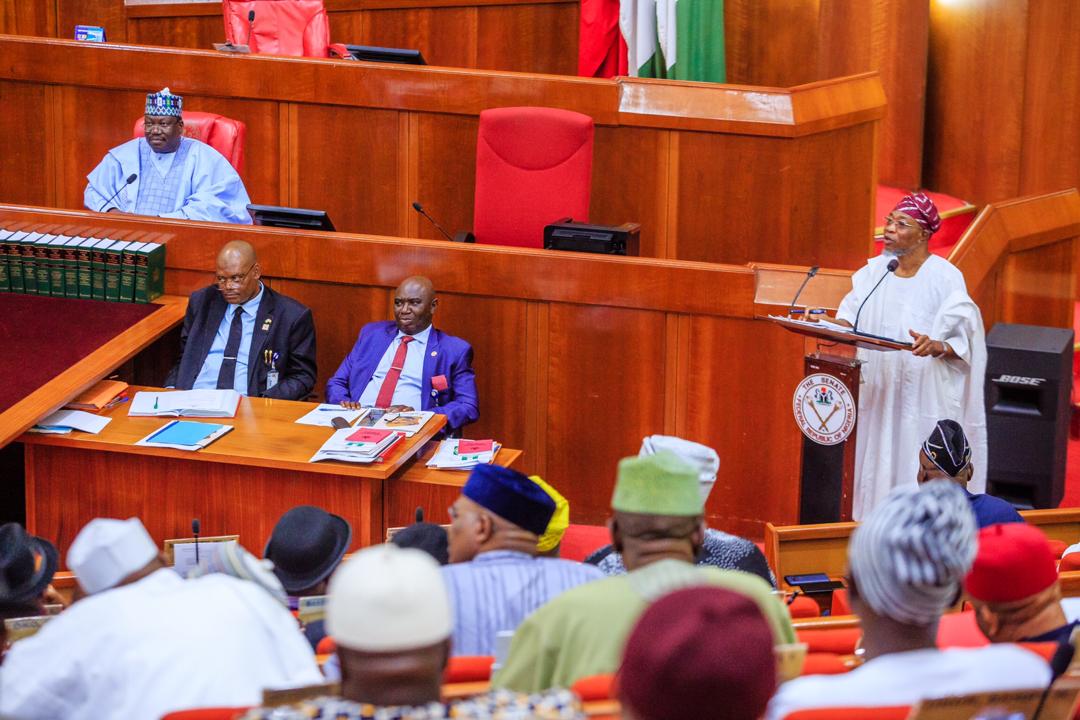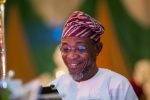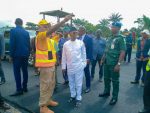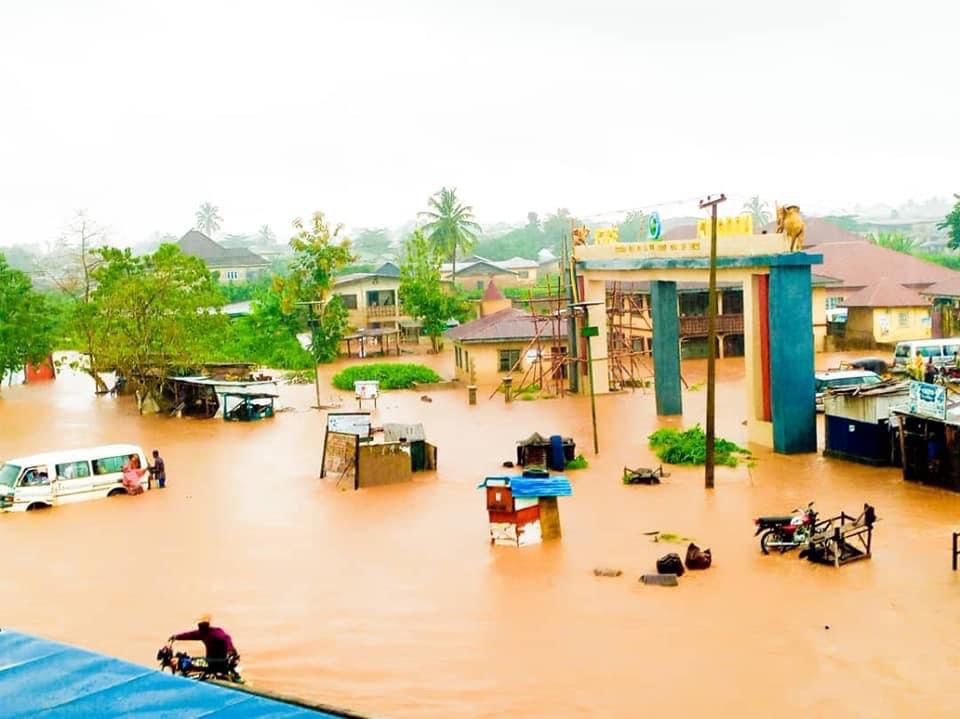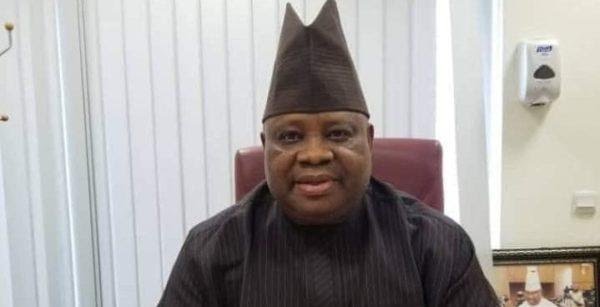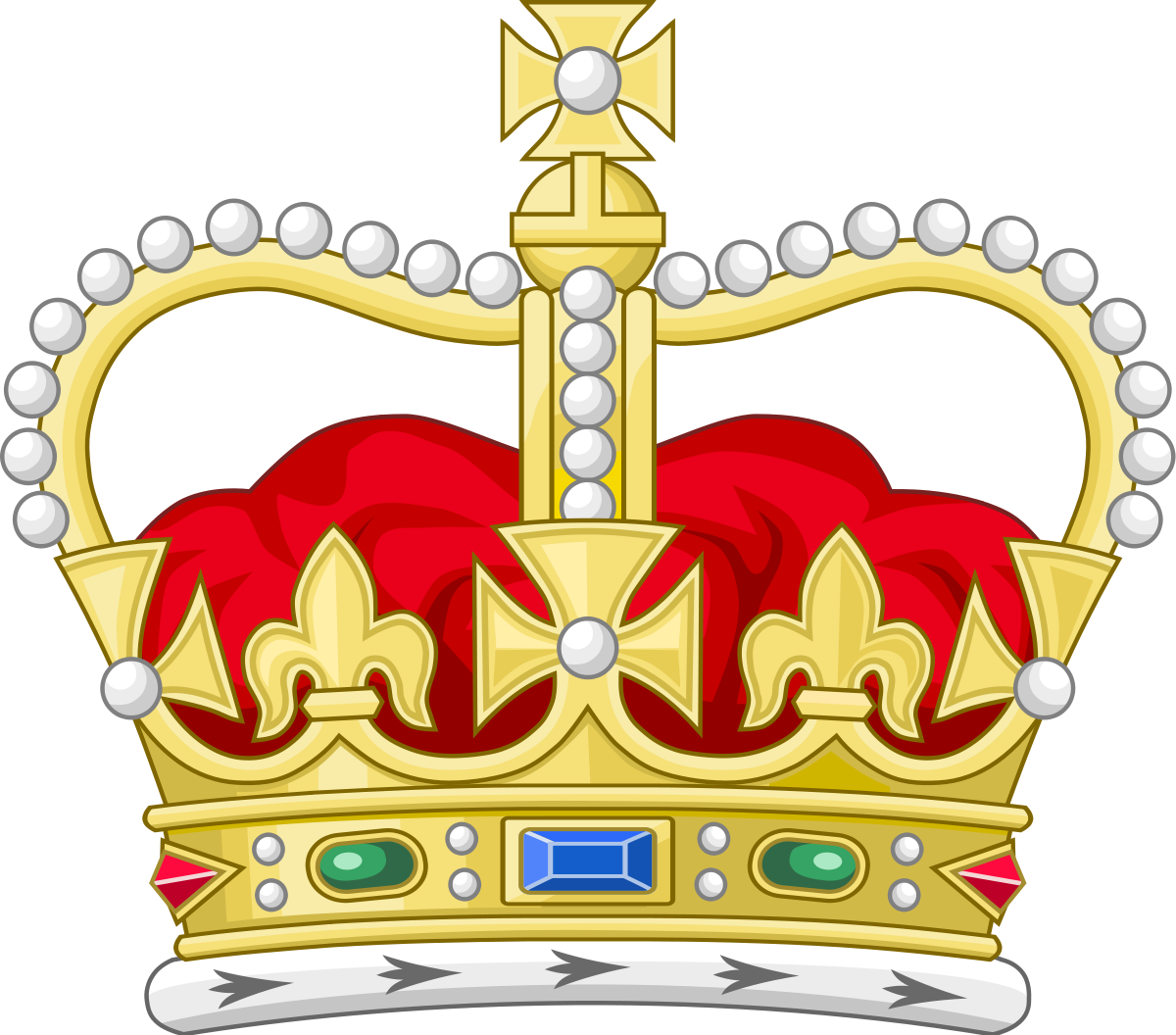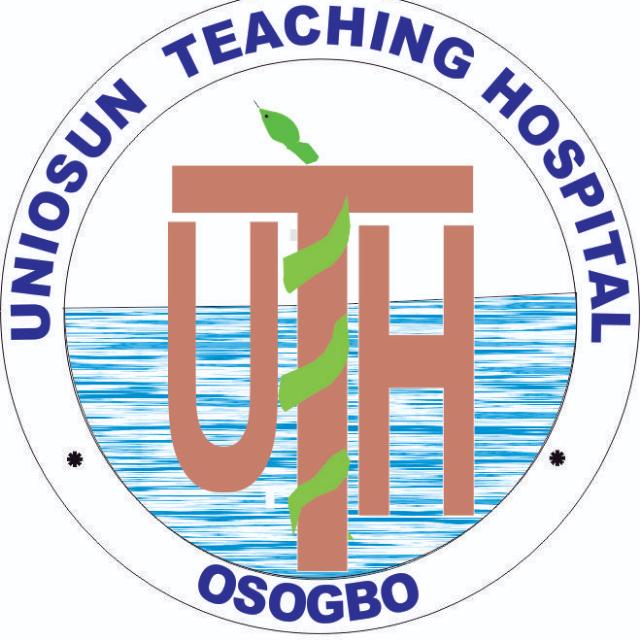By sheer coincidence — or was it intentional? — two high performers in the Tinubu Lagos gubernatorial cabinet (1999-2007), were up for screening yesterday as ministerial nominees.
Rauf Adesoji Aregbesola, as infrastructure commissioner, was responsible for the infrastructure upscale and urban renewal of the Tinubu gubernatorial years.
That included the Ikeja and Lagos central business districts, Yaba-Lawanson-Itire road, Ikotun-Igando roads, Oregun road (renamed Kudirat Abiola Way) and even the loop over the Oshodi-Mile 2 expressway, at the popular Cele bus stop, that pilots traffic from Okota to the Oshodi-bound end of the expressway.
That abridged travel time a lot; for it jettisoned driving all the way to Mile 2 to access the other side, from the Cele end.
While all that was happening, Babatunde Raji Fashola, clinical, quiet, efficient and effective, was running the back room, as the governor’s chief of staff. Nobody saw him. But about everybody felt his quiet efficiency. That gave the governor the leeway to combine policy with politics, knowing that there was no tumult in the back room.
But Fashola would burst on the public consciousness as Tinubu’s successor (2007-2015) — and vroom! The man Tinubu himself dubbed the Actualizer had come to cement the Tinubu legacy!
He availed himself well as two-term Lagos governor. When in 2015, at the virtual worst of economic times, Fashola got a national call to help arrest the national infrastructure decay, as three-in-one minister (Power, Works and Housing), he plunged into work with the trademark Fashola zeal and focus.
But as Fashola was negotiating the end of his first term in Lagos, Aregbesola was assuming office, in 2010, as Osun governor — no thanks to electoral heist of a mandate that took nearly three years to reclaim.
Again, Aregbesola assumed in Osun, a state with scandalous below-par infrastructure. But what is economy in a modern state without glittering infrastructure? It was an epochal challenge, which the new government faced, determined to develop the state in every ramification.
The salvage efforts were on, full-steam, when the mismanagement of the national economy, by the Jonathan-era free-wheeling and crippling corruption scuttled everything. That led to a national salary crisis.
Though Aregbesola was the first to warn about the new peril, after picking up the disastrous signals before most, he ended up its ultimate scapegoat — no thanks to near-terrorist media profiling and the most unconscionable form of political scapegoating, by partisan opponents, who couldn’t compete on the level of winning ideas.
Yet, Aregbesola rounded off his tour of duty as the driver of the most ambitious social democratic pro-people programmes, since the Awo Western Region feat before independence; and Lateef Jakande’s Lagos feat of the 2nd Republic (1979-1983). Needless to say, his Osun schools feeding programme led the way, for a nation replication of the scheme, though Osun had a humble purse.
Aregbesola and Fashola represent the growing corps of quality and tested public servants, the return to democracy in 1999 has thrown. It is a plus; and can only deepen democracy, despite the present challenges.

